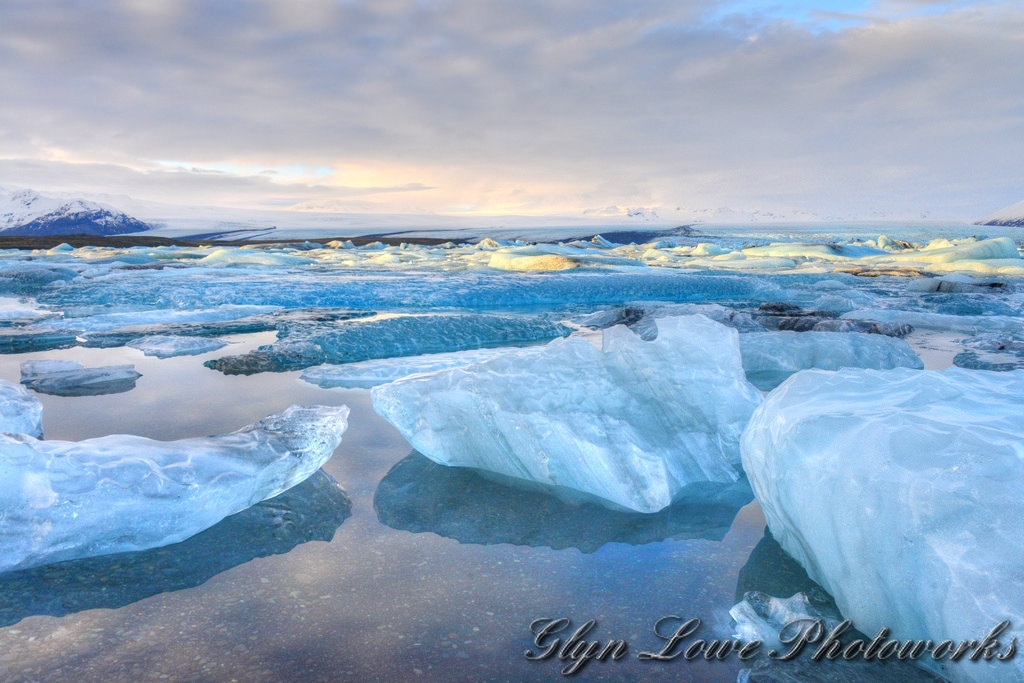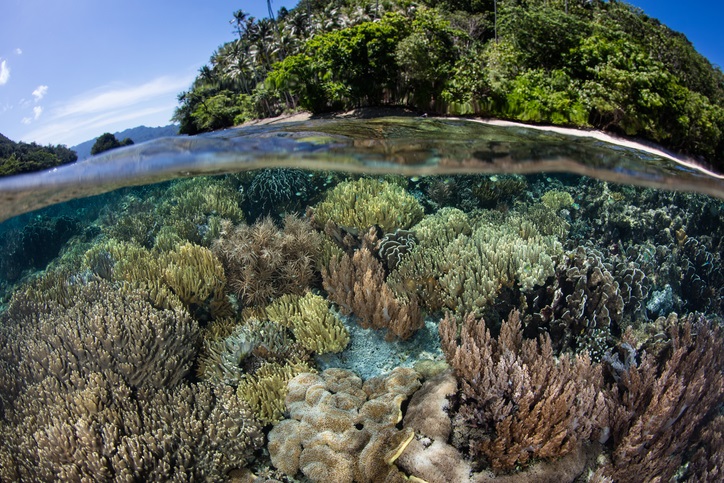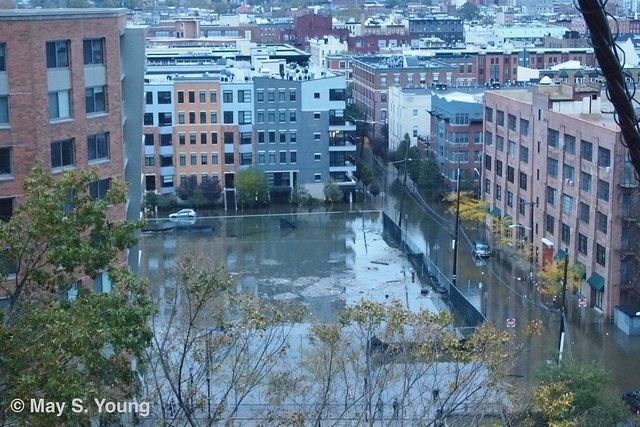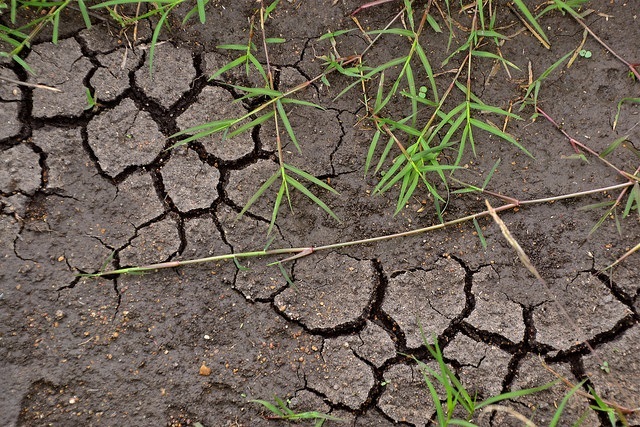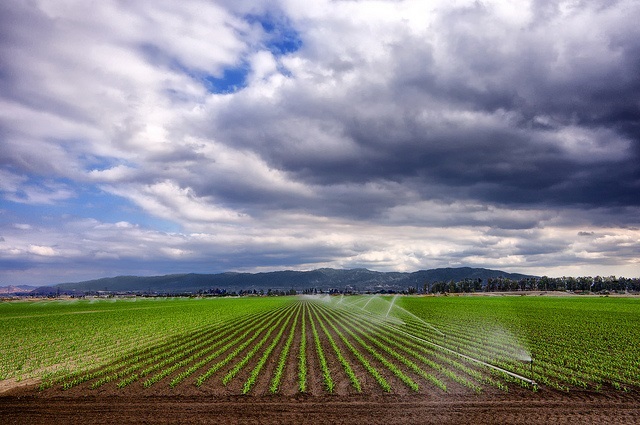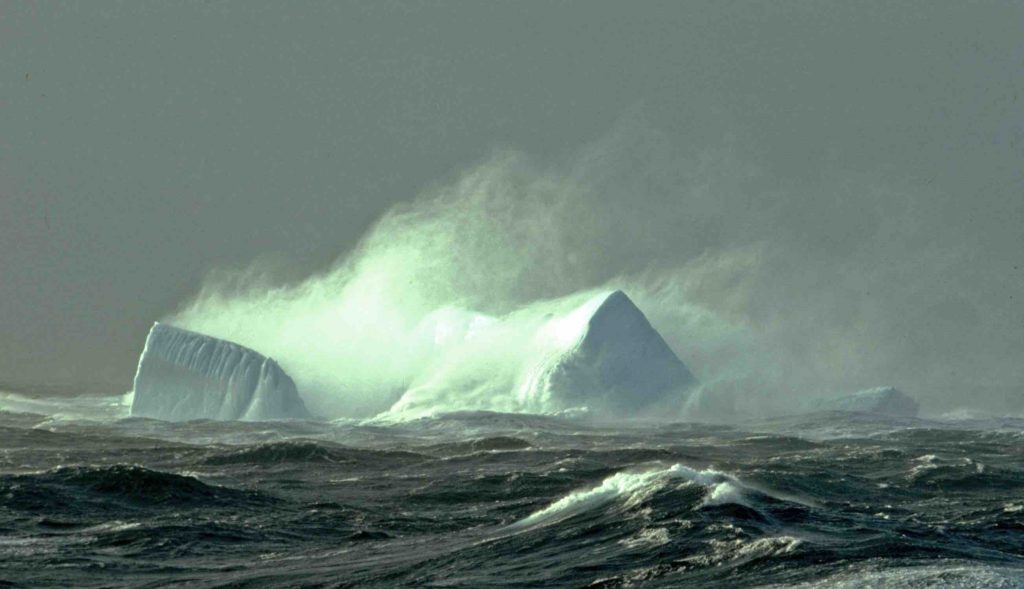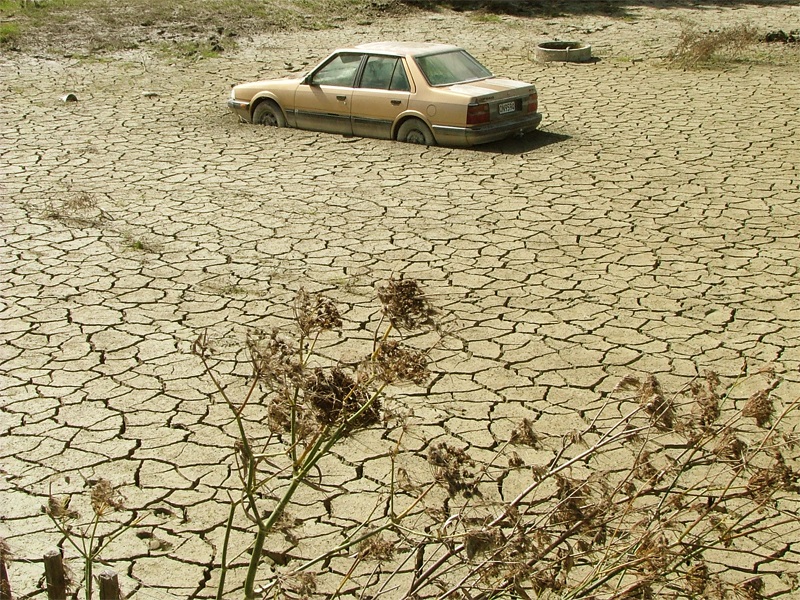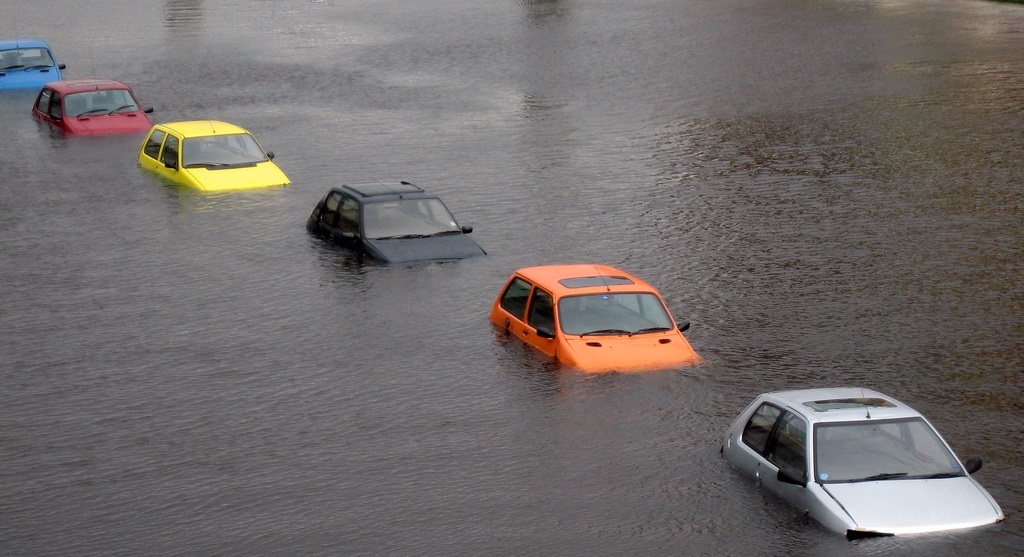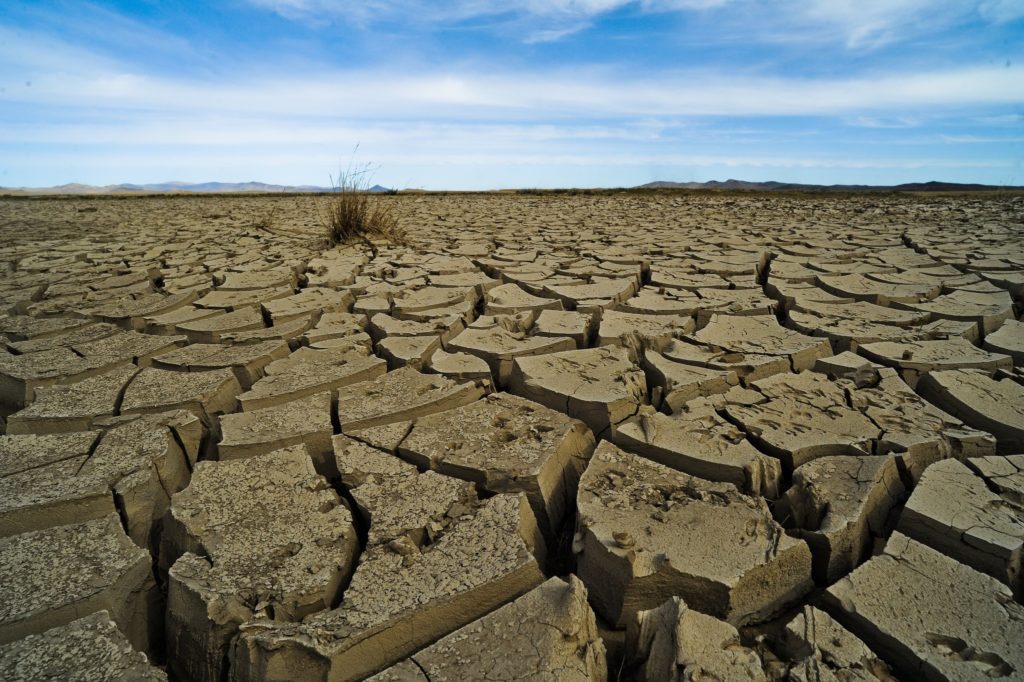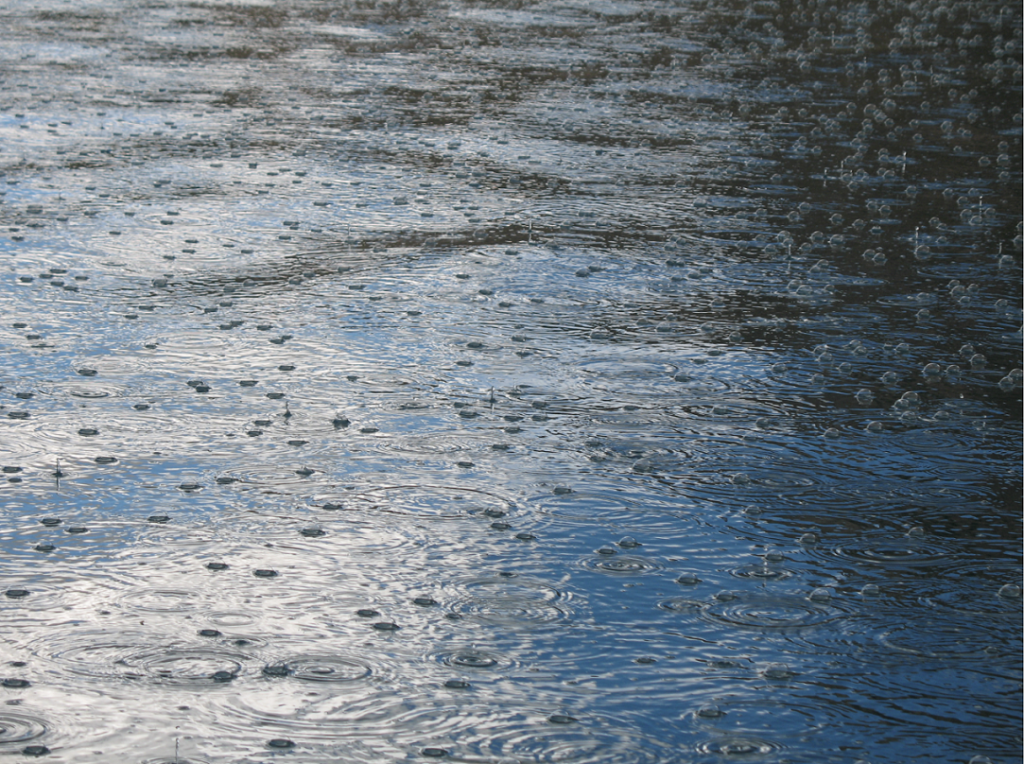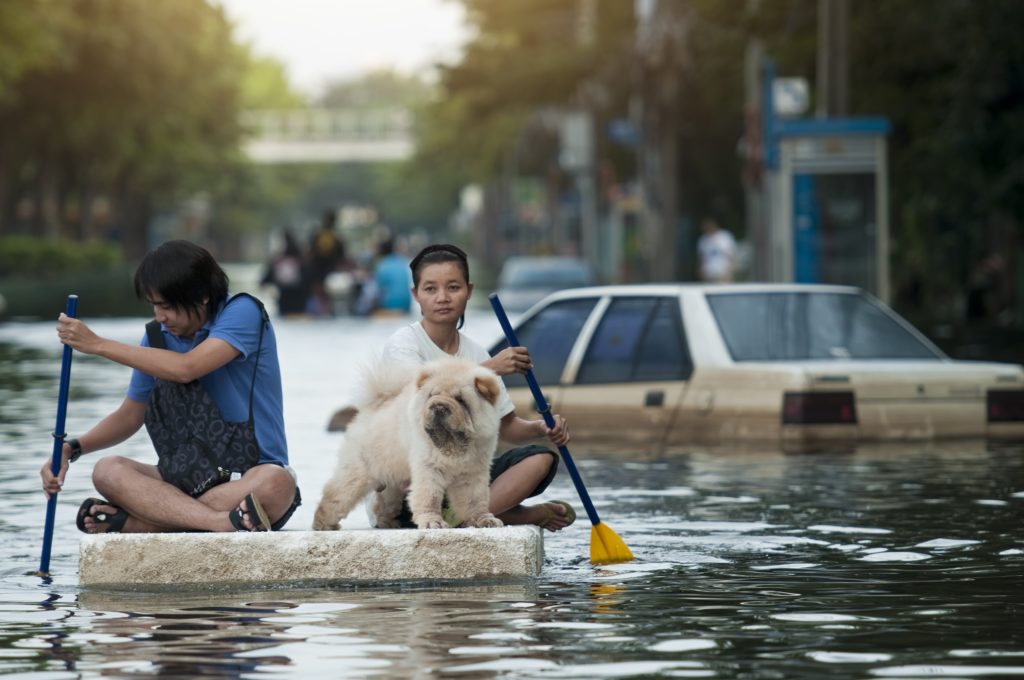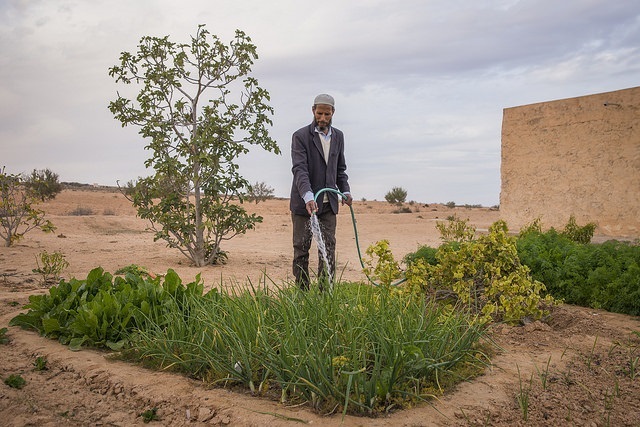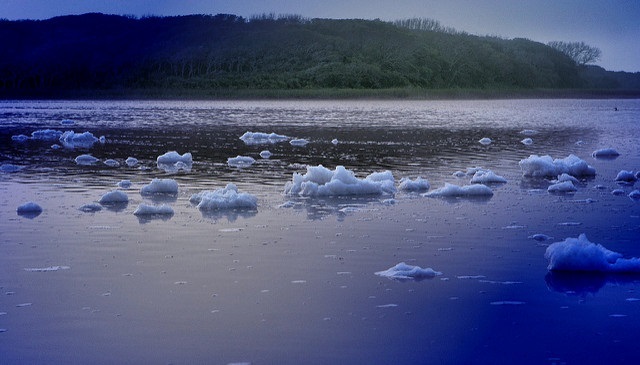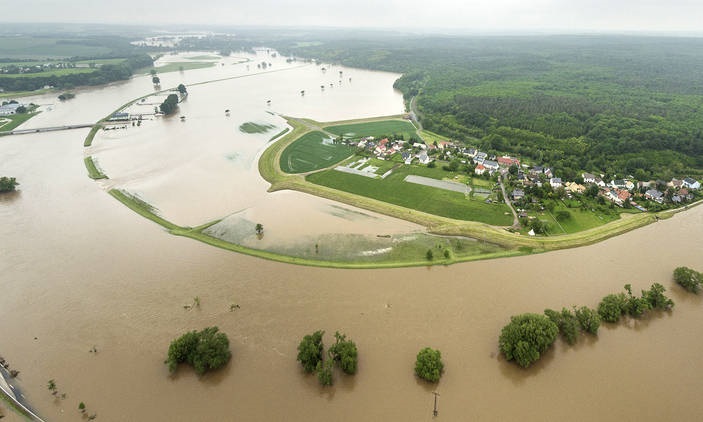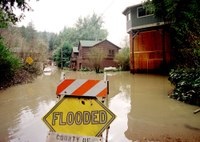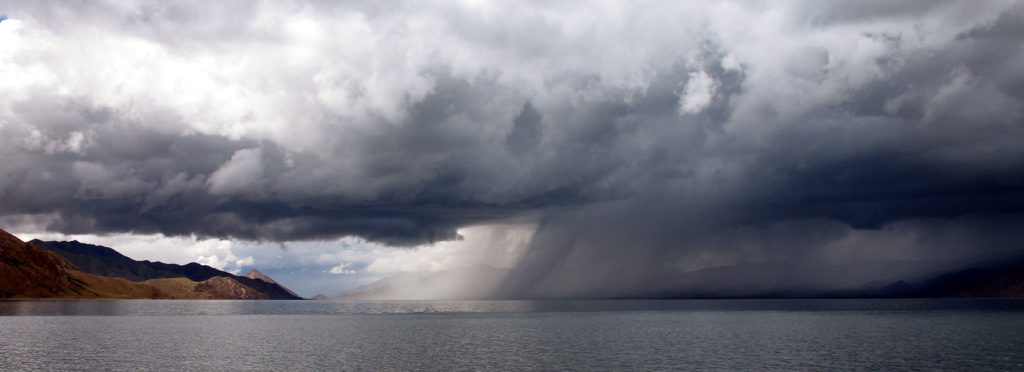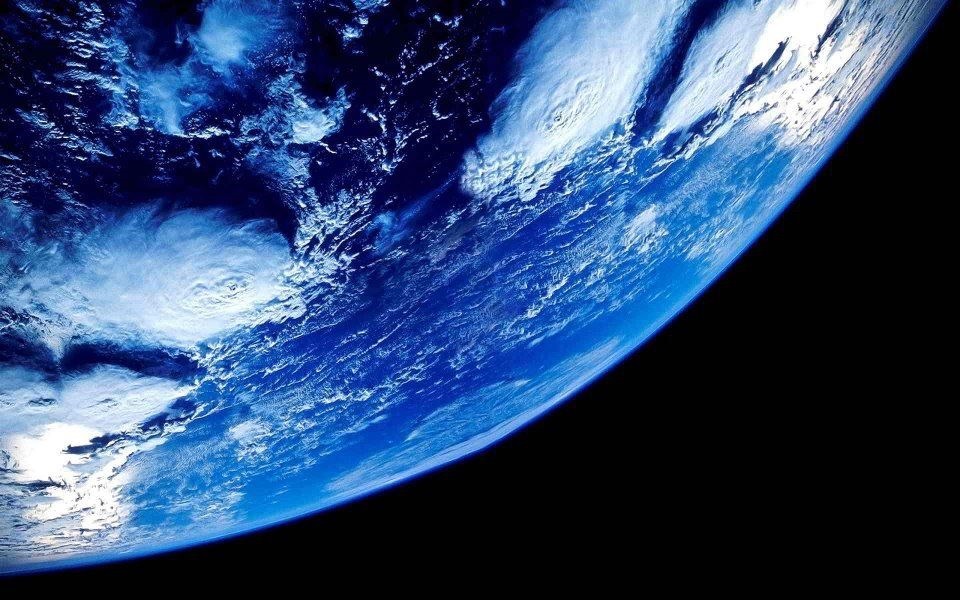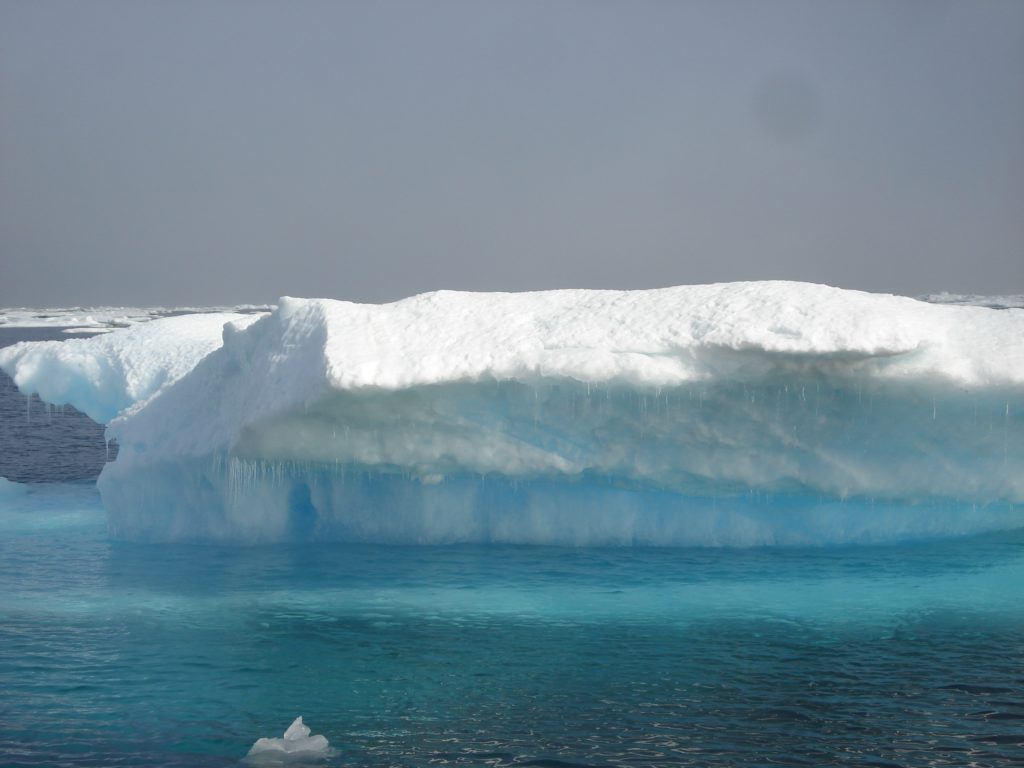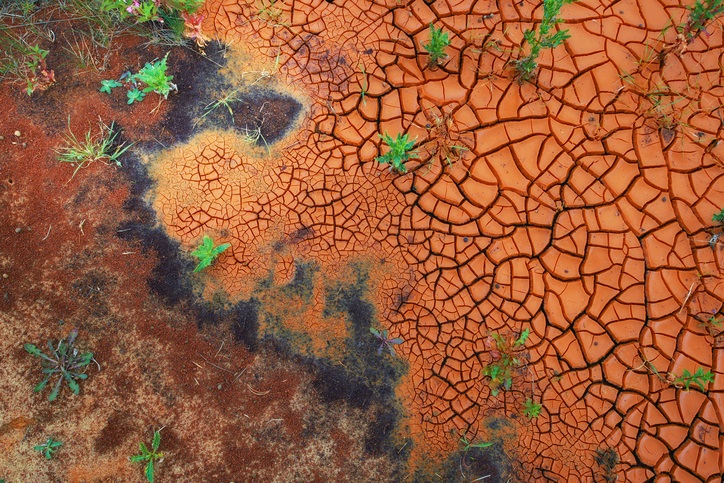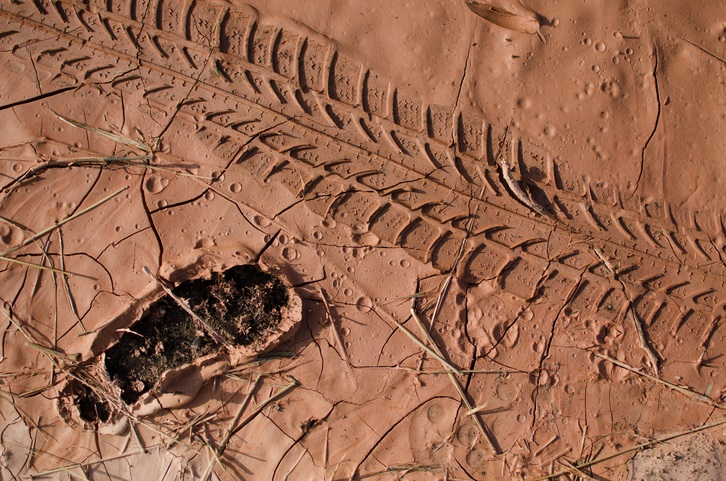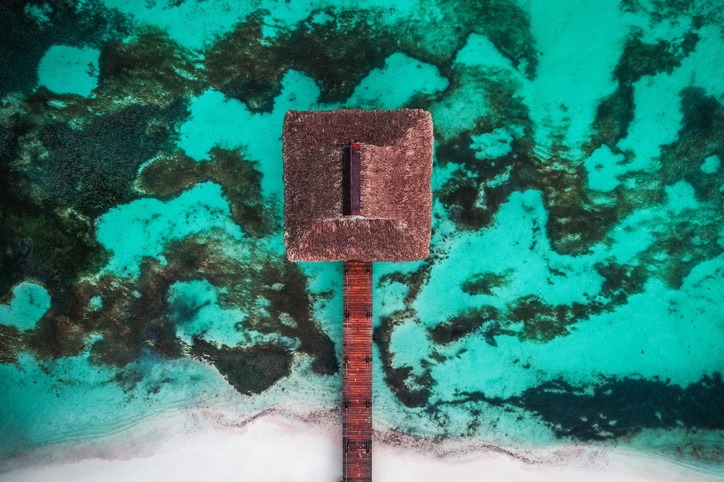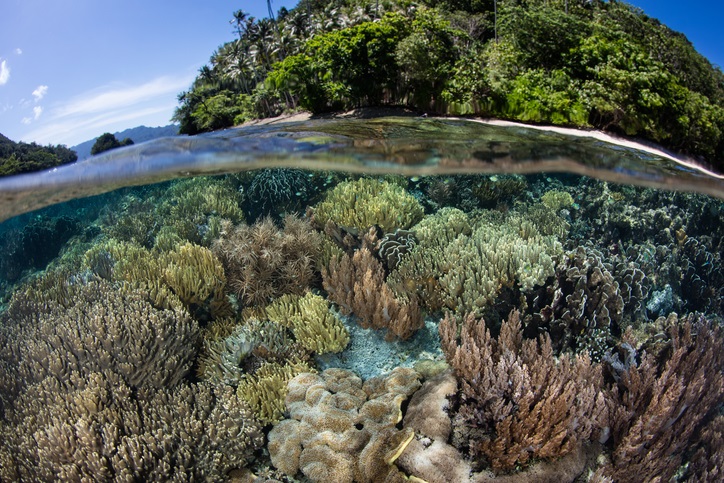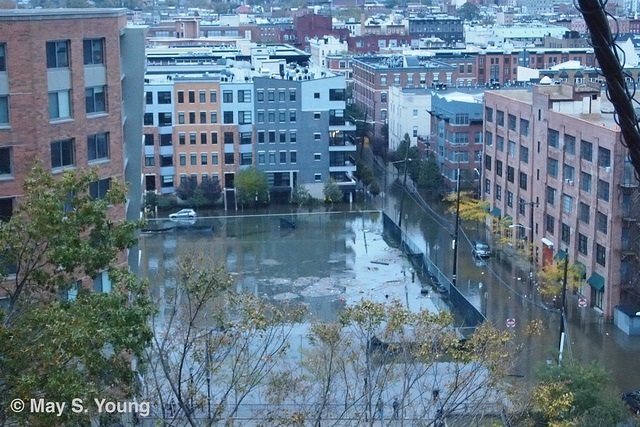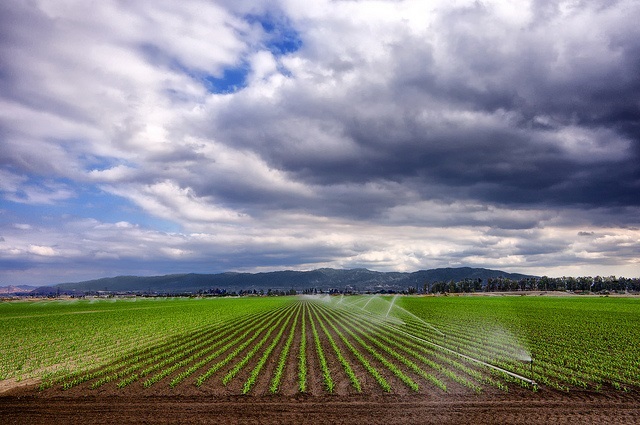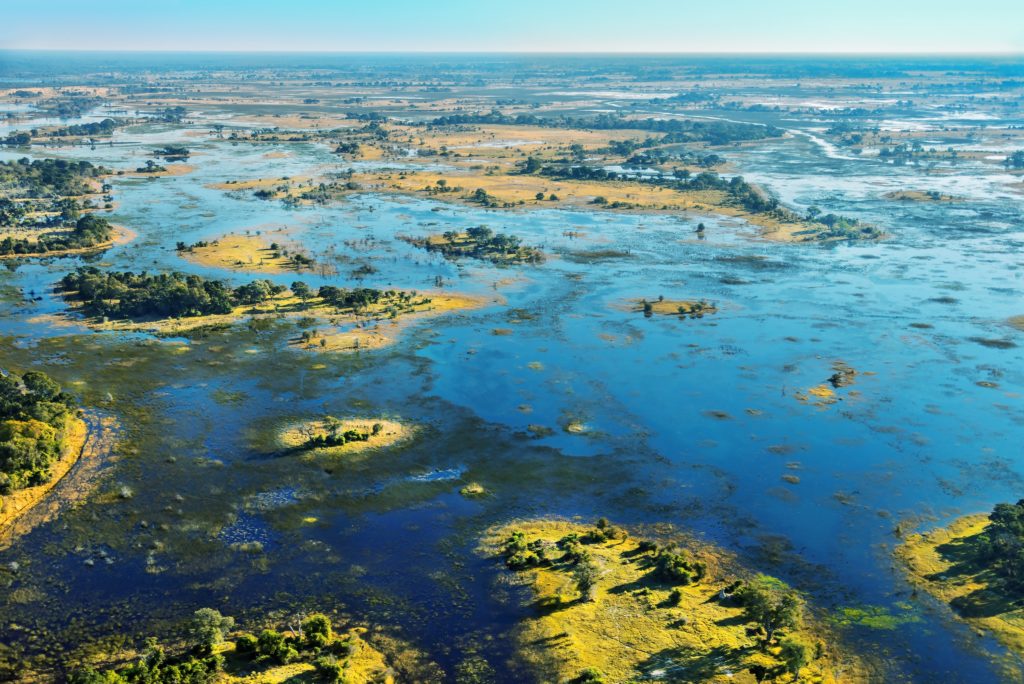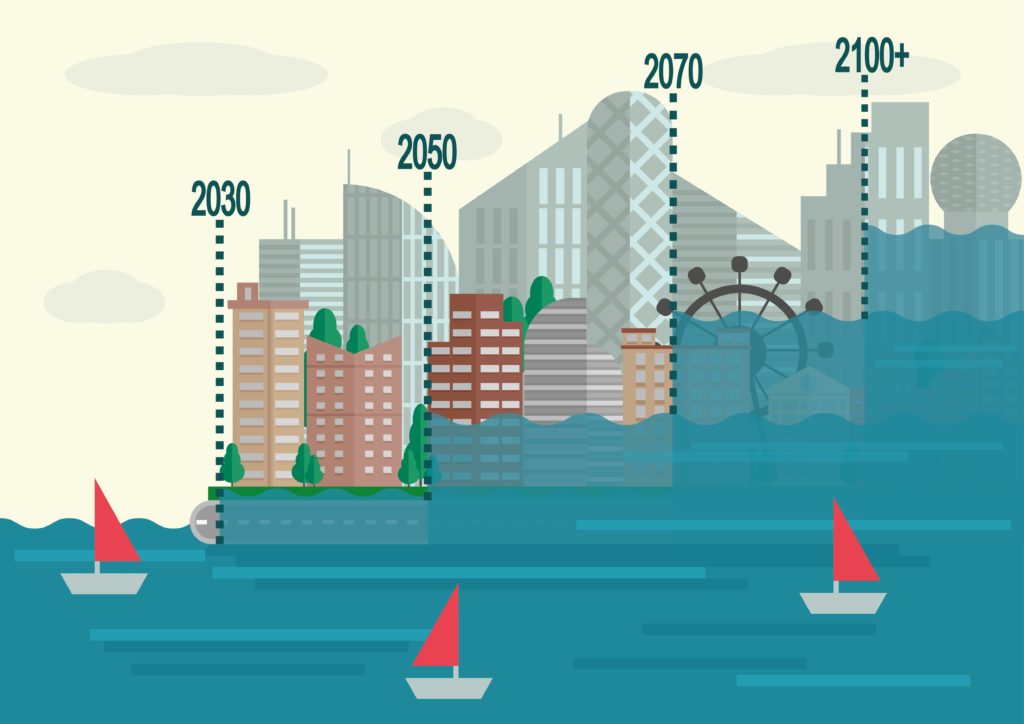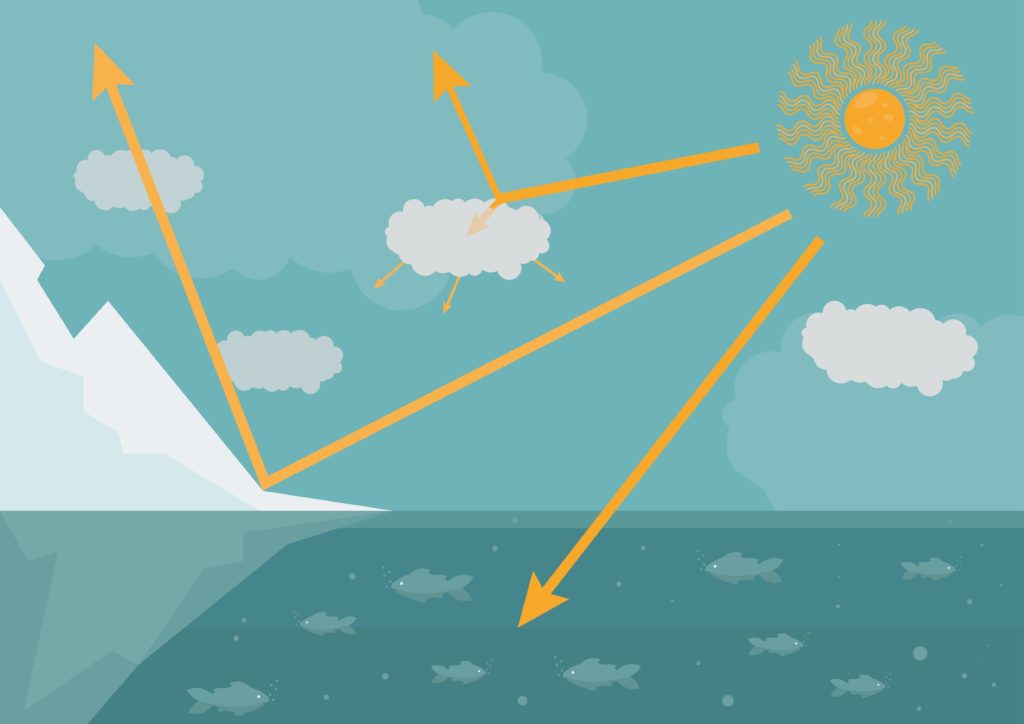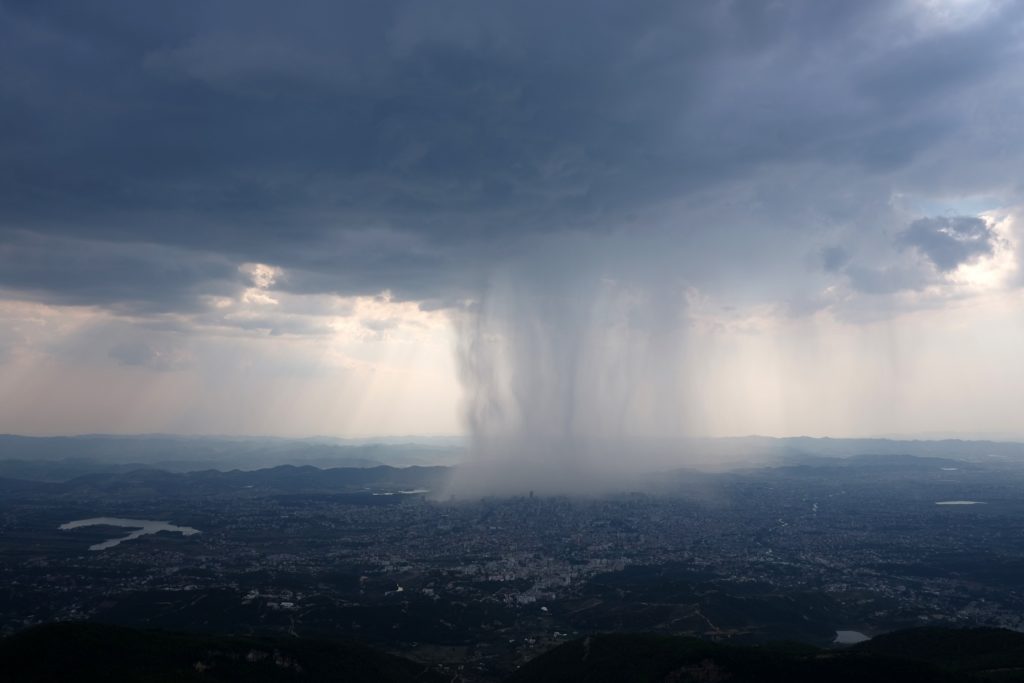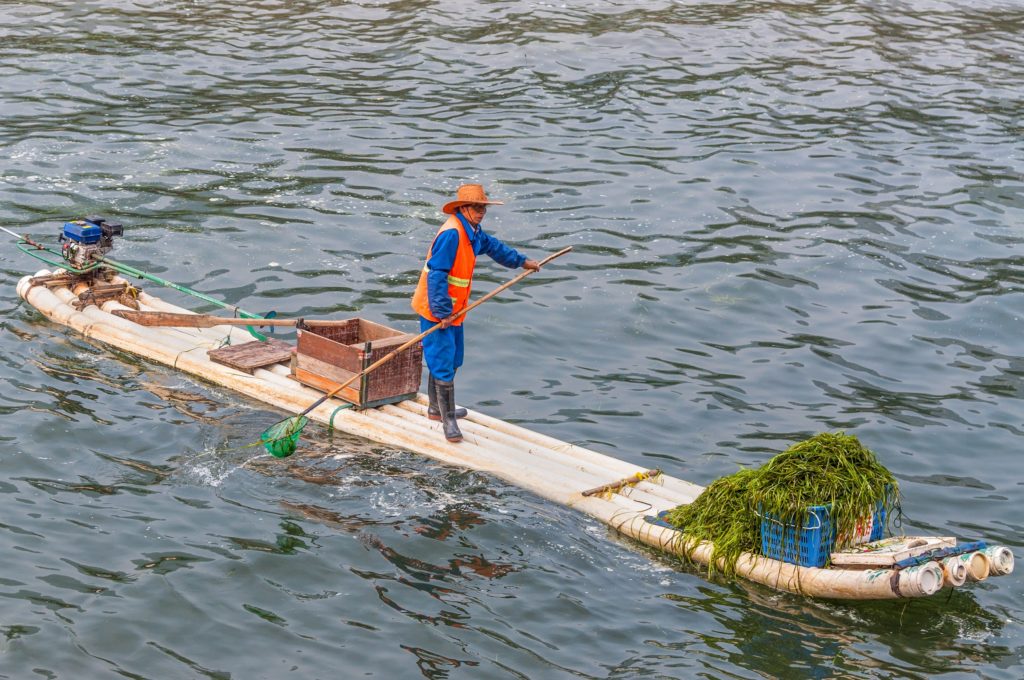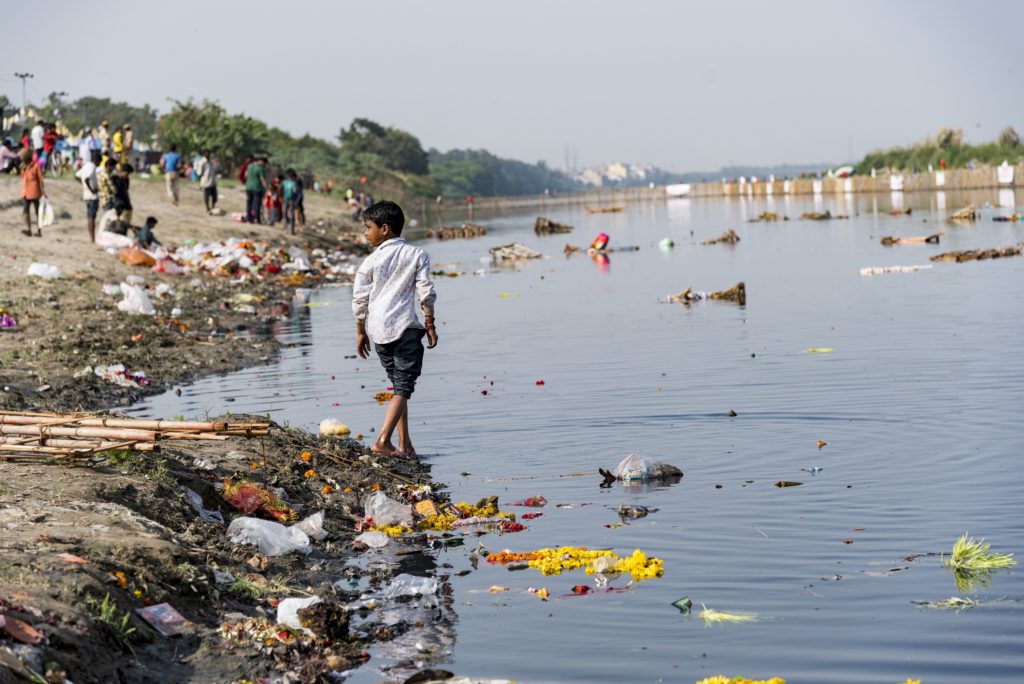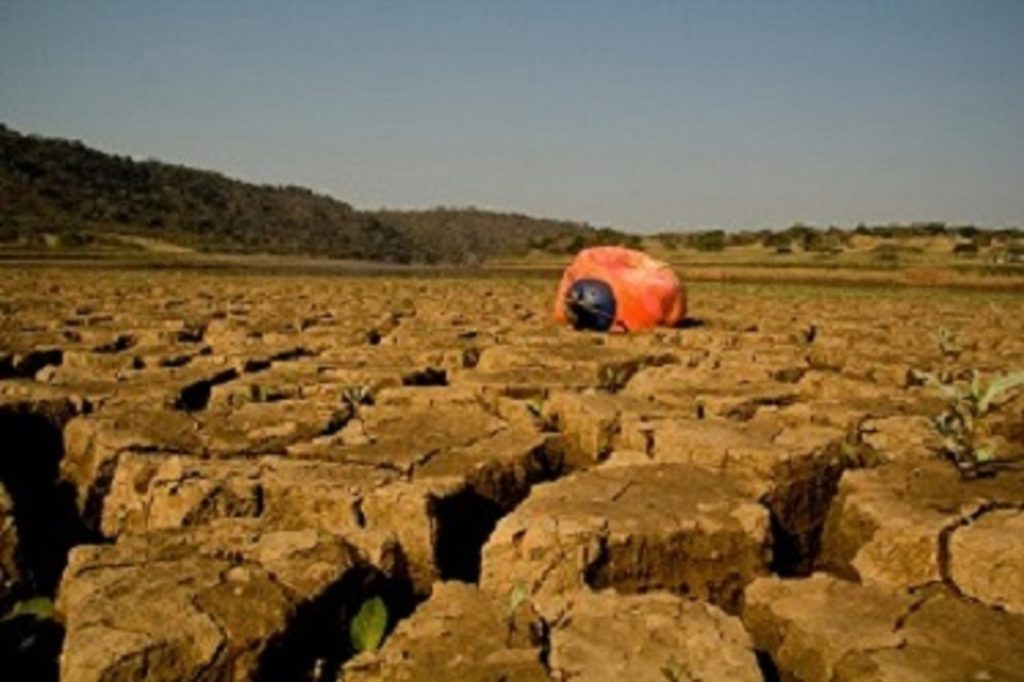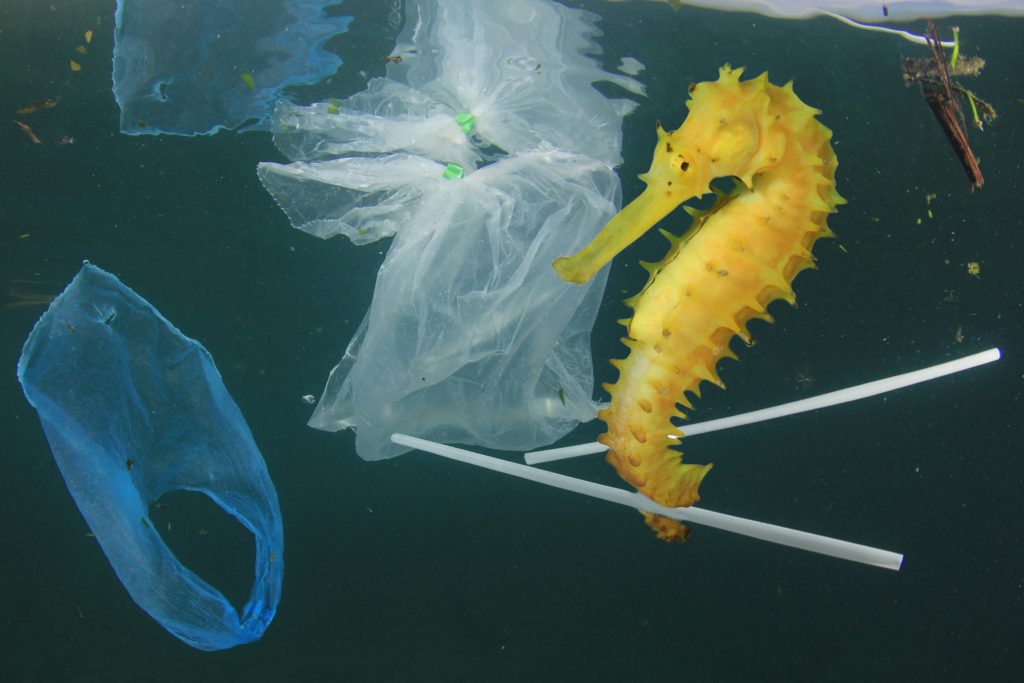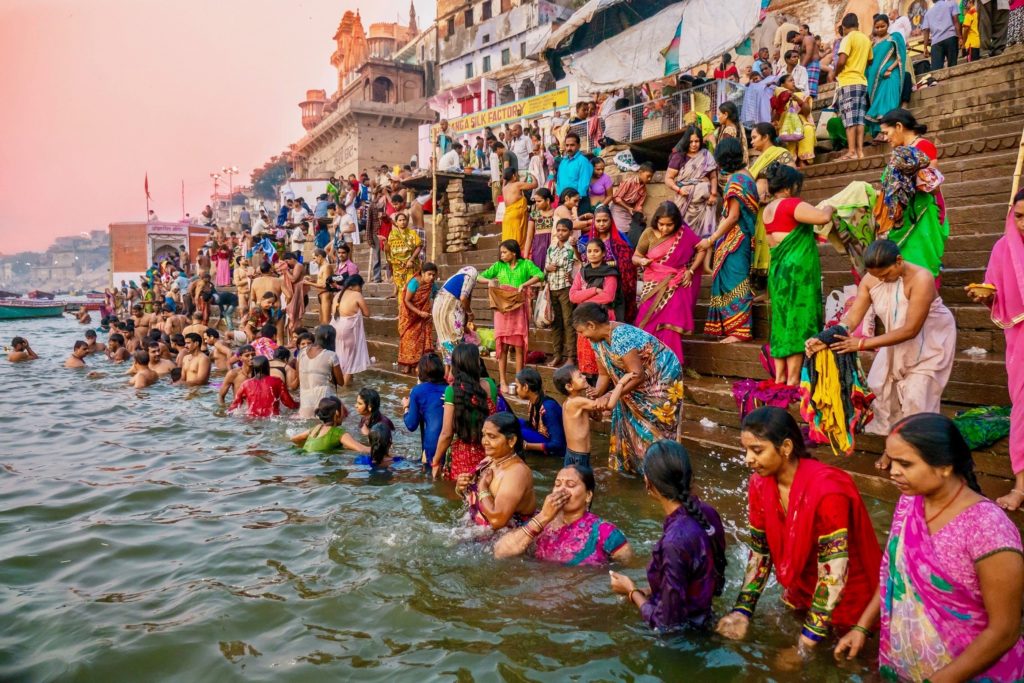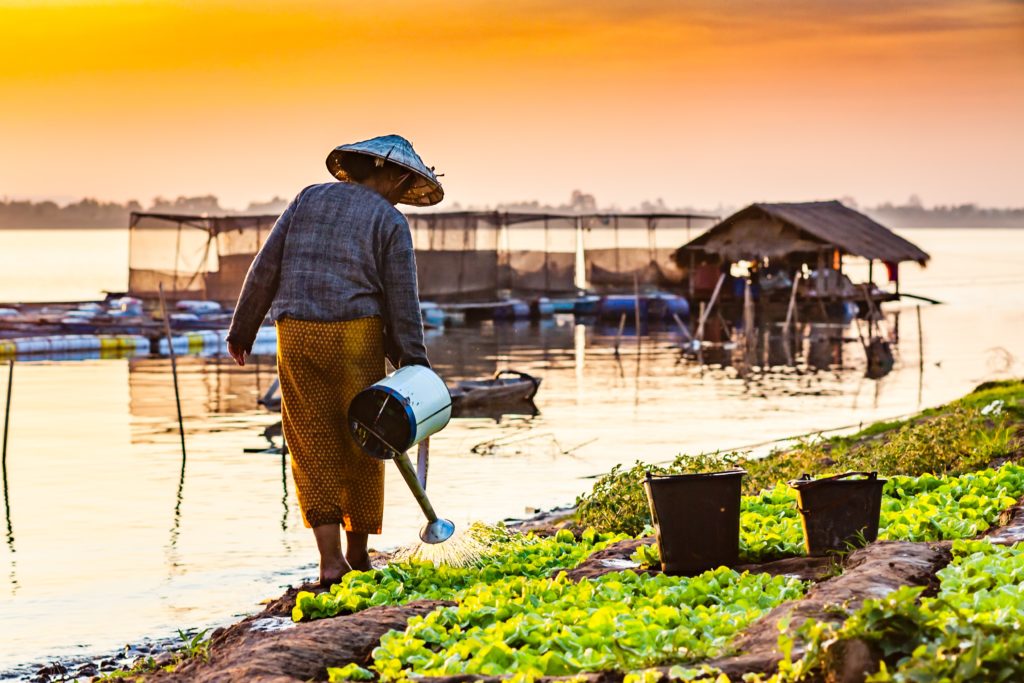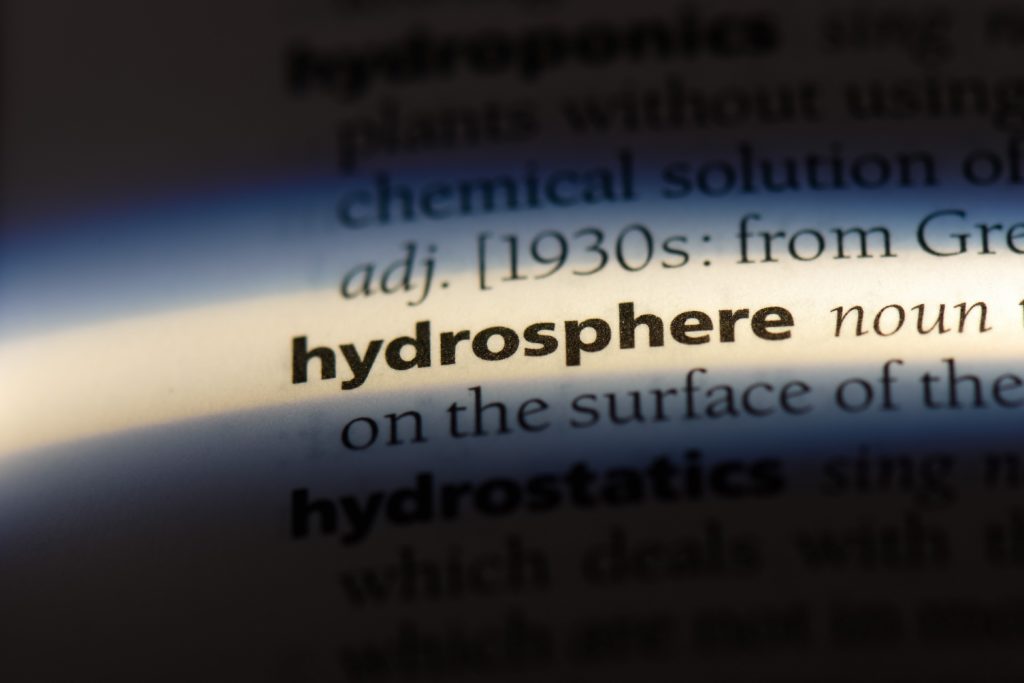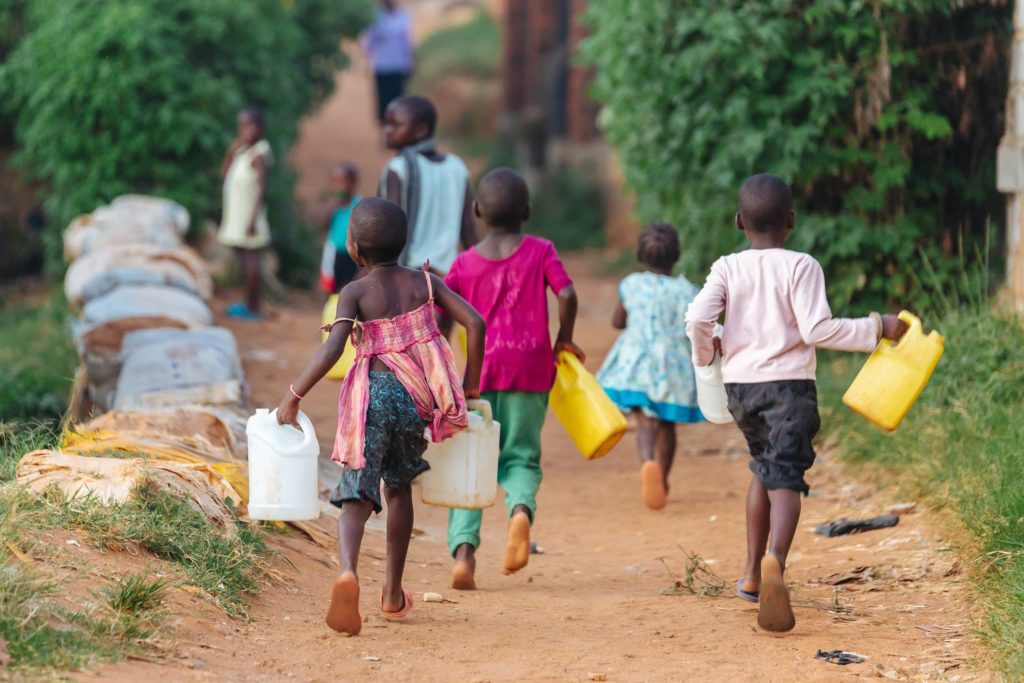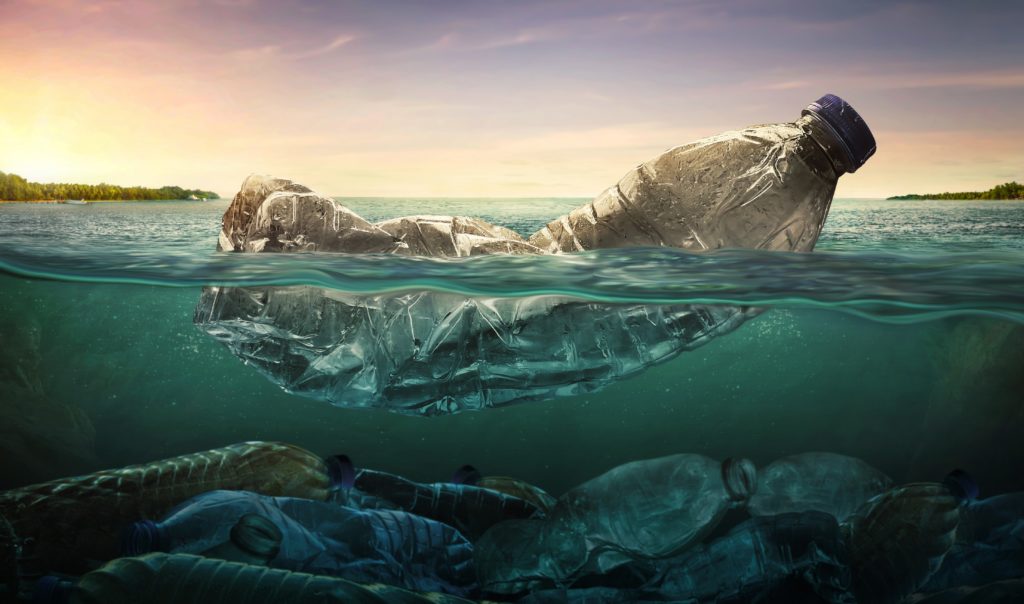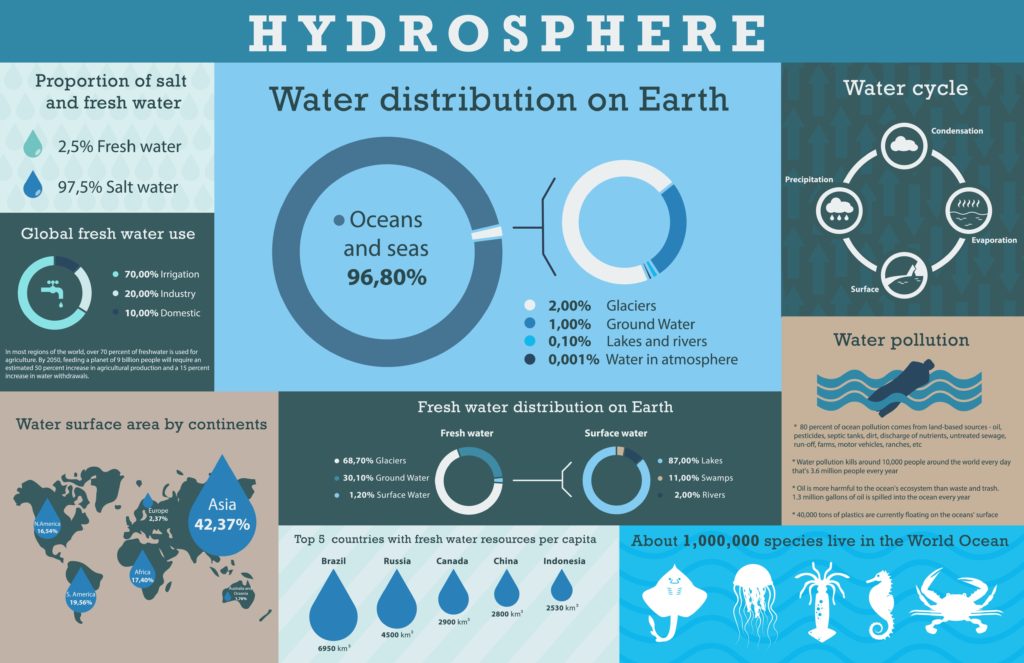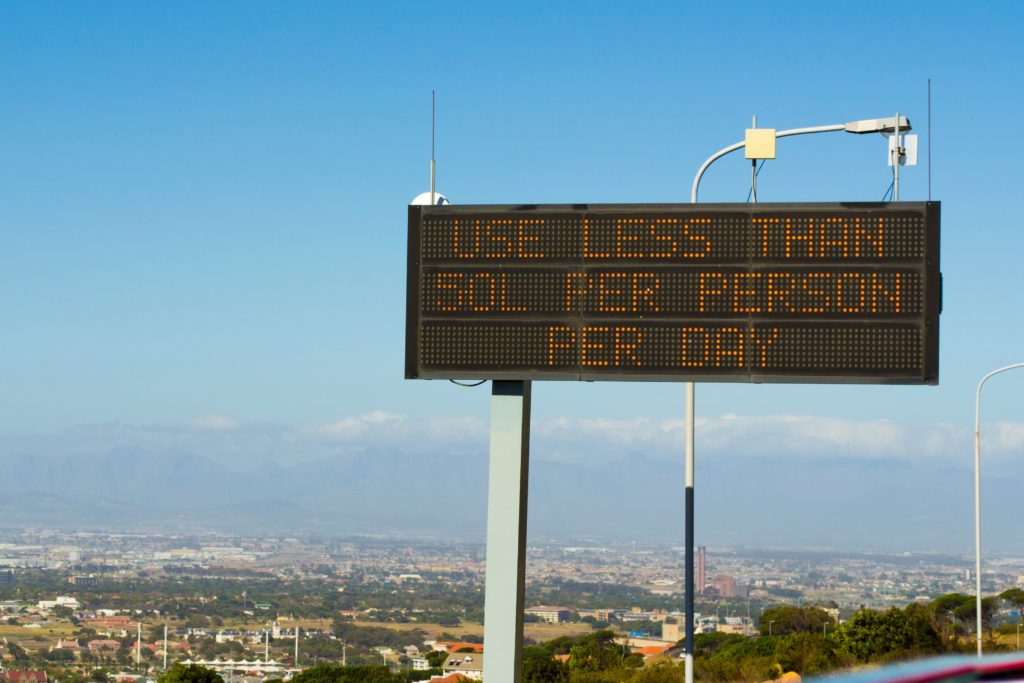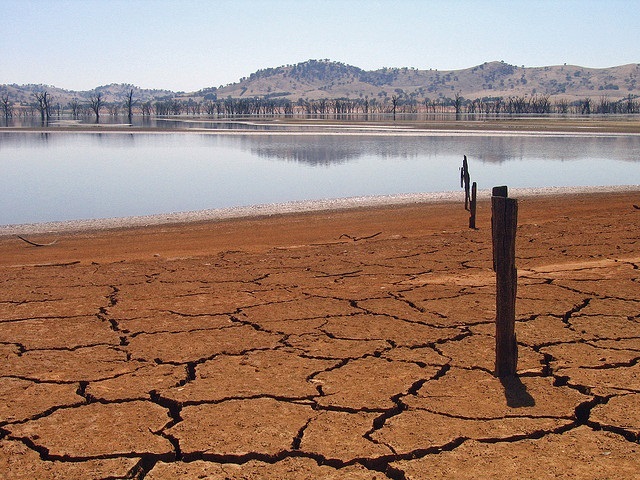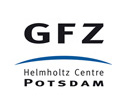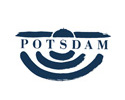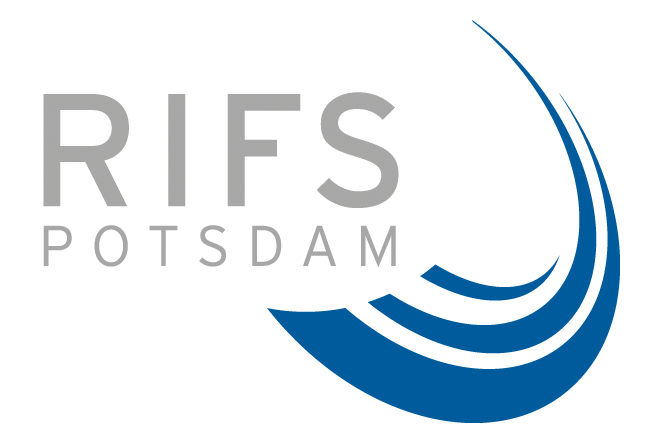Water: Our Global Common Good – The Hydrosphere across Land and Sea
Oceans and lakes, streams and creeks, whether frozen, liquid or vaporous – water is the single most precious resource on our planet. The so-called hydrosphere creates unique habitats, and is interconnected with a wide range of components of the earth system through global water, energy or carbon fluxes.
The Potsdam Summer School 2021 will address the central topic of water being the single most precious resource on our planet.
Due to the ongoing pandemic situation it has been decided to conduct it as an online event.
In addition to its crucial role within the Earth system the hydrosphere provides ecosystem services to people such as food and drinking water supply, renewable energy resources, as well as benefits for health and well-being, cultural values, tourism, trade, and transport. Therefore, the hydrosphere interacts with each aspect of sustainability reflected in the 17 United Nations Sustainable Development Goals (SDGs) and is a major indicator for the state of our planet.
Life in close connection with coastal environments, small islands and polar areas is particularly exposed to changes in the hydrosphere such as sea level rise, marine hazards of various kinds and increase of pollution. Currently, around 680 million people are living at or near to the coastlines in low elevation topography. This number is projected by the IPCC to have reached more than one billion by 2050. Small Island Developing States alone are home to 65 million people.
During the #PSS2021, we will learn about the influence of the state of the hydrosphere on humankind and vice versa. We will discuss local, regional and global challenges in order to gain a better understanding of the state of the hydrosphere. Within the programme we will focus on three major aspects:
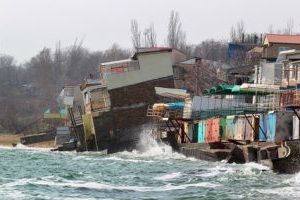
Too much
- Heavy precipitation
- Flooding
- Sea level rise
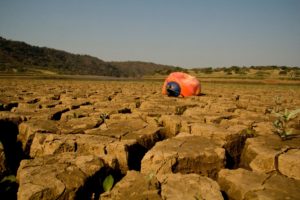
Too little
- Extreme droughts
- Exploitation of drinking water
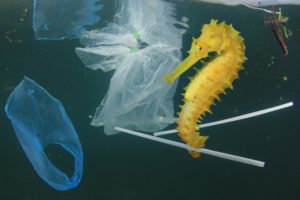
Too bad
- Pollution
- Accessibility
- Sanitation
We will merge expertise from various scientific disciplines and perspectives from societal stakeholders. Since the sharing of interdisciplinary knowledge and expertiseis highly relevant to find answers to the global grand challenges, the following questions will guide the ten-day programme:
- What do we know – and don’t know – about the role of the hydrosphere within the earth system?
- Who are stakeholders and actors in terms of hydrosphere services?
- How can multiple perspectives be merged into integrated strategies?
- What can be done on a local, regional and global level?
- How can we prevent political conflicts?
- How can scientists address audiences from all societal areas?
With its overarching theme – “Water: Our Global Common Good – The Hydrosphere across Land and Sea” – the 2021 Potsdam Summer School will continue the transdisciplinary and interactive event series that has been held annually in Potsdam, Germany since 2014. The summer school will provide its participants with a comprehensive perspective and overview of the relevant aspects when dealing with the hydrosphere. They will be engaged in discussions and group works and will be provided with tools to develop effective strategies in order to deal with the challenges they face in their daily work.
The aim of the Potsdam Summer School is to bring together talented early-career scientists and young professionals operating in the private sector, governmental agencies and non-governmental organisations from many different parts of the world to discuss frontier (research) questions on future sustainable development.
We also aim to enable participants to engage with various sectors of the public in their home countries. Our goal is to improve science awareness and help to develop informed opinions and enhance the transferable skills of current researchers and practitioners.
In this context, the Potsdam Summer School provides a unique opportunity for all participants to foster international cooperation and an interdisciplinary exchange of ideas.
These issues span a multitude of natural and social science disciplines and invite stakeholders from the public and private sector to get involved.
In partnership with Geo.X and the City of Potsdam, the 2021 Potsdam Summer School will be jointly organised by the Alfred Wegener Institute, Helmholtz Centre for Polar and Marine Research (AWI), the Helmholtz-Centre Potsdam – GFZ German Research Centre for Geosciences, the Institute for Advanced Sustainability Studies (IASS), the Potsdam Institute for Climate Impact Research (PIK), and the University of Potsdam.
Experts, stakeholders, and guest lecturers from high level national and international institutes and organisations will contribute knowledge and insights to the Summer School programme. The programme will comprise lectures, various discussion formats, and interactive group work activities.
The call for applications has started on November 16, 2020. The last day to submit an application was on March 31, 2021 at 23:59 CET.
For further information, please contact angela.borowski(at)iass-potsdam.de
WELCOME TO POTSDAM!
Video Potsdam Summer School 2019
“Connecting Science & Society – Communicating Research on Sustainability & Global Change”
